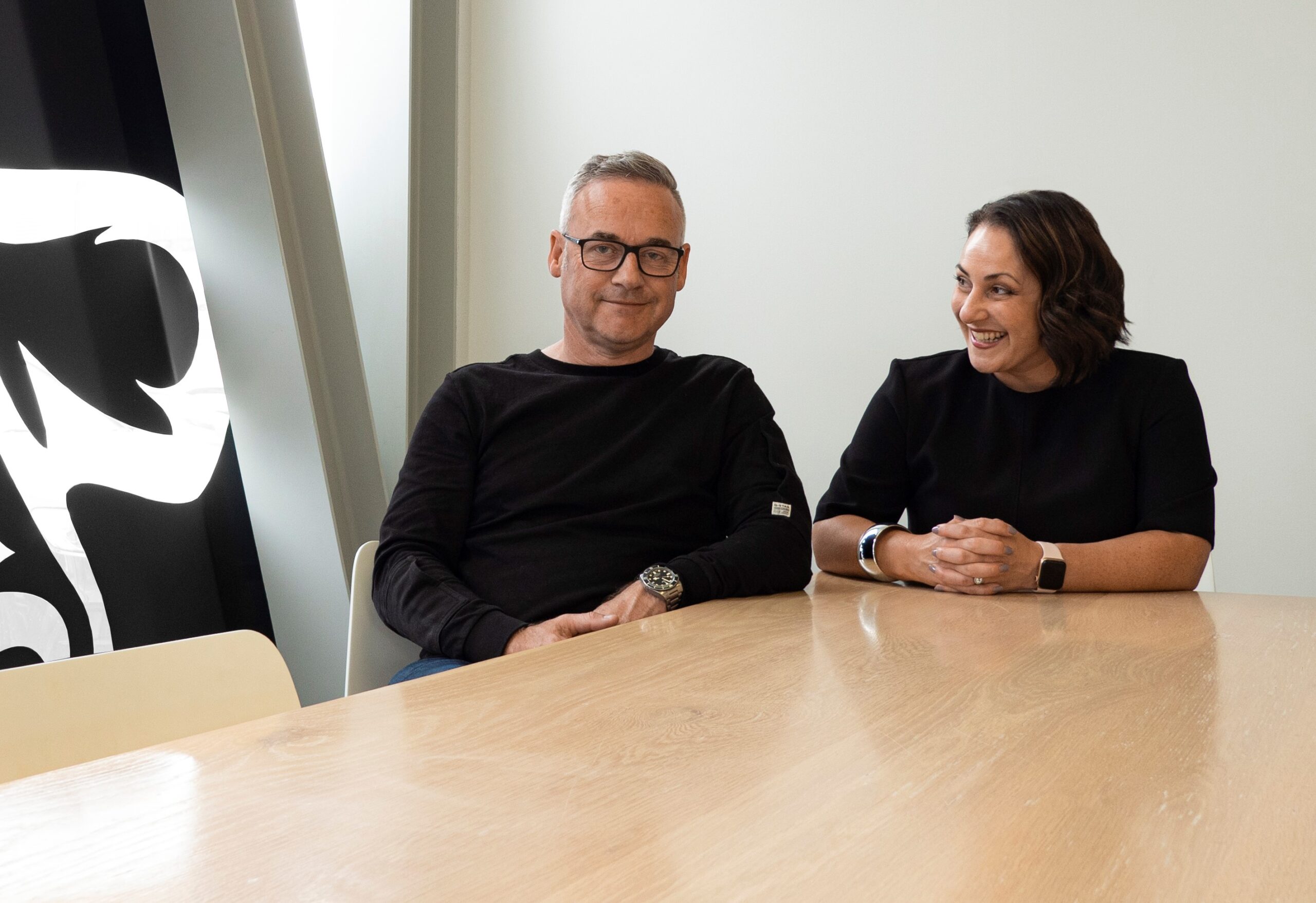The practice with a conscience
Christchurch-based Connect Chiropractic is exercising a passion for social consciousness through its Koha Fee System and Community Connect Programme, and it’s proving to be a winner with the locals. Matthew […]
Christchurch-based Connect Chiropractic is exercising a passion for social consciousness through its Koha Fee System and Community Connect Programme, and it’s proving to be a winner with the locals.
Matthew and Alex Wild are on a mission to connect and empower a community – to enhance their local community in Christchurch with “health and happiness”, and “ignite a ripple effect that changes the world for the better”.
They are achieving that through their Connect Chiropractic practice in Ferrymead, which aims to make chiropractic care financially accessible to everyone. After launching in November 2018, in the first nine months they had subsidised more than $40,000 worth of treatment.
The practice’s Koha Fee System works on a ‘pay what you can’ basis. “By providing this option we make vital chiropractic care accessible for everyone regardless of their financial situation,” explains Matthew.
The business is also achieving the vision of its founders through its Community Connect Programme, which profiles three different community groups each month, with the winner receiving one percent of the practice’s earnings for that month.
“The two groups who do not win continue to be profiled in our practice until they do win,” says Matthew. “The winners are voted for by our patients.
“Since our conception we have supported 20 different community organisations.”
Matthew is a born-and-bred Cantabrian, while Alex is Norwegian. They met while studying at the New Zealand Chiropractic College in Auckland, and after a spell at a busy Brisbane practice, settled in Christchurch to have their first child and open the business.
Milestones include hiring their first chiropractor just five months after opening – “confirmation that Christchurch wanted what we were offering” – and their one-year anniversary, which was a chance to reflect on their achievements. At that point they had delivered more than $60,000 worth of subsidised care, and more than $4000 in community donations.
“We can’t help but be excited about what we can achieve,” says Matthew.
So where does this strong social consciousness come from?
Matthew believes it stems from their concern for people and the planet – which was largely formed in their younger years.
“I have so much respect for the way my parents treated people and held themselves over the years – always caring for people the way they’d like to be cared for.”
He says their training also shaped how they now view health, the planet, and caring for people.
“In general, we’ve found chiropractors very holistic minded in all aspects of life – that every little thing is interconnected and that the whole is greater than the sum of its parts. It is only natural that when it came to starting Connect that these values would be the foundation of everything that we do.”
Applying social consciousness
Matthew believes there’s a lot to think about when incorporating social consciousness into your business, and a good start is an in-depth business plan.
“Most importantly, your social impact must be sustainable. The good you do is very limited if your business doesn’t last more than 12 months,” he says.
“When it came to our own community programme and supporting local organisations, we chose to donate a percentage of our earnings because we knew that it wouldn’t break the bank initially and that the more our business grows, the more support we are able to provide. That’s sustainable; we can maintain that forever.
“The bottom line is that we are all conscious about where we spend our money. Who that business supports, what they stand for, where they source their materials.
“Individuals are starting to notice that some of the greatest impact we can have ourselves is simply by supporting businesses genuinely doing good for the world, and not supporting those that aren’t.
“Consumers have spoken – businesses without a social conscience will die out like the dinosaurs!”
Matthew points out that authenticity is vital when it comes to a business exercising its social conscience. “We are all aware of big businesses that say they care about one thing but contradict it completely by how they run their business. No one likes a hypocrite! If we use Connect as an example, we believe that absolutely everyone can benefit from chiropractic care. That’s why to make sure that can actually be a reality, we allow people to pay what they can.”
A balancing act
Work-life balance is really important to Matthew and Alex.
“There have been multiple times when we’ve had to sit down and recognise the things we need to put on hold. This is so we can have some quality family time, and look after our own health,” says Matthew. “That’ll be a constant thing we’ll have to be conscious of.
“We continually remind ourselves why we do what we do. Our family life and health is something we aren’t willing to sacrifice.”
As for the business, Matthew and Alex are upbeat about its future. “That’s because the public are becoming more and more aware of the benefits of chiropractic treatment and the positive impact it can have on your life.”
He says it’s satisfying to serve people who otherwise never would have been able to access ongoing chiropractic care.
One issue going forward will be the increased demand on chiropractic care in New Zealand, he believes. “Just as we’re seeing with most health professions, it’s going to be important that we have enough quality chiropractors to meet the demand. [Fortunately] the New Zealand Chiropractic College is doing a good job of keeping up.”
For Matthew and Alex, the focus is simply about continuing the growth of the business, in order to help more and more people.
“In the end, the greatest impact we are going to be able to make will not be directly done by Connect,” says Matthew. “It will be done by showing other businesses and health professionals what is possible.
“We have no interest in having an empire of chiropractic practices. We will change the world by leading the way.”



